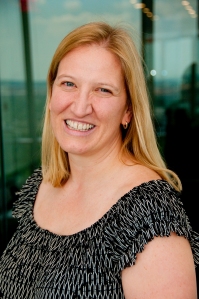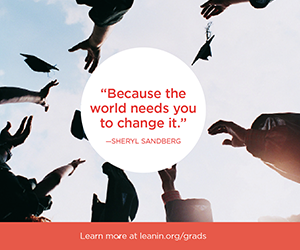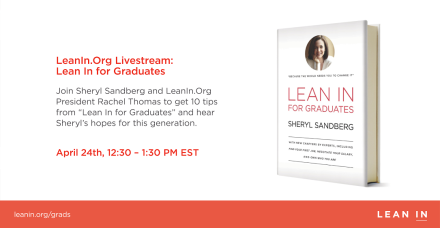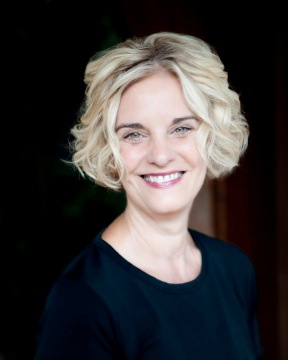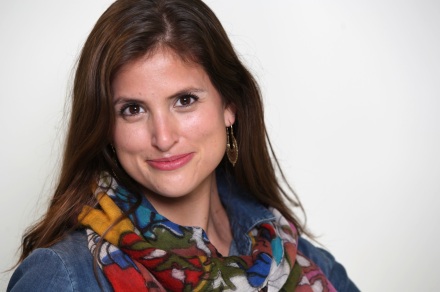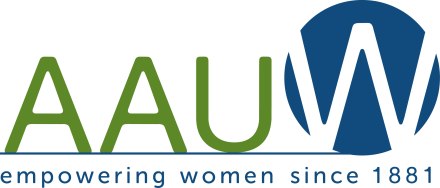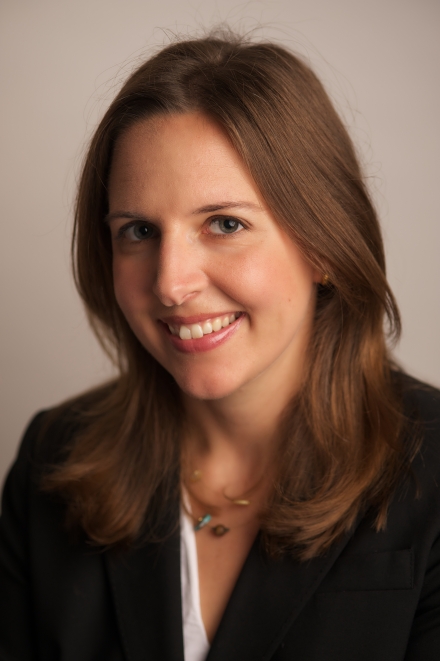Tell us about your journey to where you are today.
I grew up in a suburb of Pittsburgh, PA. In 2008, I attended school at James Madison University. During my 4 years at school, I studied Public Relations, Communication and Writing. I also joined Zeta Tau Alpha and was Historian on the Executive Council. I worked hard and made both Dean’s List and President’s List. I graduated in 2012 and moved back to Pittsburgh where I started a career with a luxury event planning company. I am an event coordinator and also handle all of the social media for the company. We do everything from nonprofit to corporate, private parties to weddings and everything in between. I really enjoy what I do!
As for Summer Wind, I started blogging in 2009 after my freshman year of college had ended and I had a lot of time on my hand for the summer. When I started, I had no idea I would still be going at it in 2014! But blogging is truly my passion and I am so proud to call Summer Wind ‘mine’.
How has your life experience made you the individual you are today?
I like to think I have lived an incredible life thus far. I’ve had my fair share of trials and tribulations, but I feel very blessed in that I have great friends, a supporting family, a career that I truly enjoy and Summer Wind, a creative outlet where I find passion.
Why did you become a blogger?
I started off reading blogs for about 6 months before I started my own. Once my classes had ended and I had some free time, I thought ‘why not’. I was majoring in PR and writing and I thought this would not only give me a chance to write everyday but it would also be a creative outlet for me.
What have the highlights and challenges been during your time as a blogger?
Hmm…this is SUCH a hard question. I think overall, the people I have met and formed friendships with and the people who I may not have met in person, but have created a relationship with through social media/e-mails is truly invaluable. It is a really amazing feeling when someone e-mails me and lets me know they enjoy reading Summer Wind and that we have something in common.
I also really enjoy getting to attend events and parties. Going to New York Fashion Week was definitely something amazing. Not only was the entire experience fun, but I am proud that I got myself there on my own, with my hard work and dedication.
As for challenges… I hate to talk about them because I never want to seem whiney, but there are definitely a lot. I think the #1 challenge for me is trying to find a balance. Working a high stress, intense job that requires long hours every week plus blogging 5-7 times a week is a lot. I often find myself a little bit sleep deprived and stressed, but when I seen the results of my projects both at work and with my blog, I know it was all worth it.
I also think that as a blogger, it’s really neat because I get to wear so many different hats. One minute I am a PR person pitching ideas and sending out media kits, and the next I am a graphic designer laying out all of my favorite shopping finds of the week. Then, you’ll find me as a photographer taking some photos for my blog and then a ‘model’ (I use that term VERY loosely) in front of the camera where I show off some outfits I put together. The challenge comes in when I really only went to school for PR and writing– not graphic design nor photography and I’m most definitely not very good in front of a camera. But, not knowing pushes me to teach myself. I YouTube, Google and read lots of books on photography and graphic design and a lot of other things I need to know. It’s a lot of work and time and effort but it’s fun, too!
What advice can you offer those looking to start their own blog?
I get asked for advice on starting a blog all of the time. When I started in 2009, the market of fashion and lifestyle blogs wasn’t nearly as big as it is now. I think now, it is really tough to break through the market. But, with that said, I would never discourage someone not start a blog. I always tell people who ask me for advice: start a blog, but not for the money or the ‘fame’ or the praise or the free stuff, but start it for yourself. If you start it for yourself and keep going, your true self will shine throughout your blog and people will be interested and will come back for more!
How do you maintain a work/life balance?
In the previous question I kind of touched on how hard it is to maintain balance. At times, I truly get overwhelmed. When I am sitting at work and I see my blog e-mail count getting higher and higher, it stresses me out. It’s hard to go from being on a computer all day at work, to getting home and being on a computer until I go to sleep. Not to mention, it’s even harder to add in a social life between work and blogging!! Somehow, though, I make it all work. I stay up late, I don’t go out one night a weekend… etc. As tough as it is, I enjoy it and wouldn’t have it any other way. I am a busy body. If you asked any of my friends, they would tell you I am always on the go!
What do you think is the biggest issue for women in the workplace?
I think overall, women are fighting a tough battle in the workplace. With unequal pay still an issue in 2014, and women trying to start a family, I just think it’s all around tough.
My friends and I are always chatting about how busy we are and how we cannot imagine having to raise a child, too. I think being a mother is an incredibly hard job and I always ask my mom ‘how the heck did you do it’?!
What are your thoughts on Sheryl Sandberg’s Lean In book and movement?
I truthfully have never read Lean In. I listened to her Ted Talk and I think she is an incredibly intelligent and successful woman. I also think she has a very valid point that there are just not as many women at the top. I admire her for pushing women of the world to push themselves to work harder and to make it to the top.
As I haven’t read Lean In, I can’t really speak too much on the book, but the entire movement is inspiring. I am all about supporting other women and supporting women in business– I actually work for a woman run business!
How has mentorship made a difference in your professional and personal life?
I think everyone needs a mentor… I think a mentor can be anyone at work, a family friend, etc. I think the people who have mentored me throughout my life have pushed me to work harder and be the best person I can be!
Which other female leaders do you admire and why?
I really admire Tory Burch for building her empire. She is beautiful AND smart and has a family, too… she really does it all!
What is one word that sums up where you have got to today?
Drive. I have an insane drive for success… I’m not sure where it comes from, but I want to be the absolute best version of myself!


